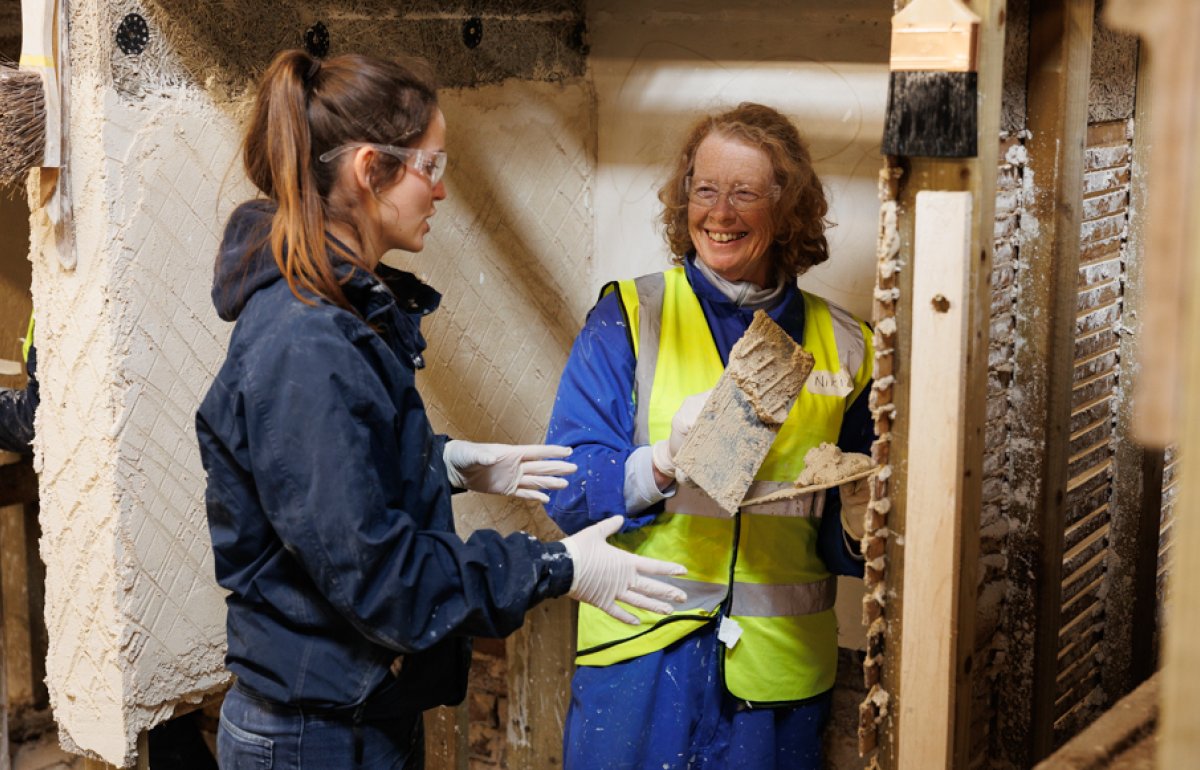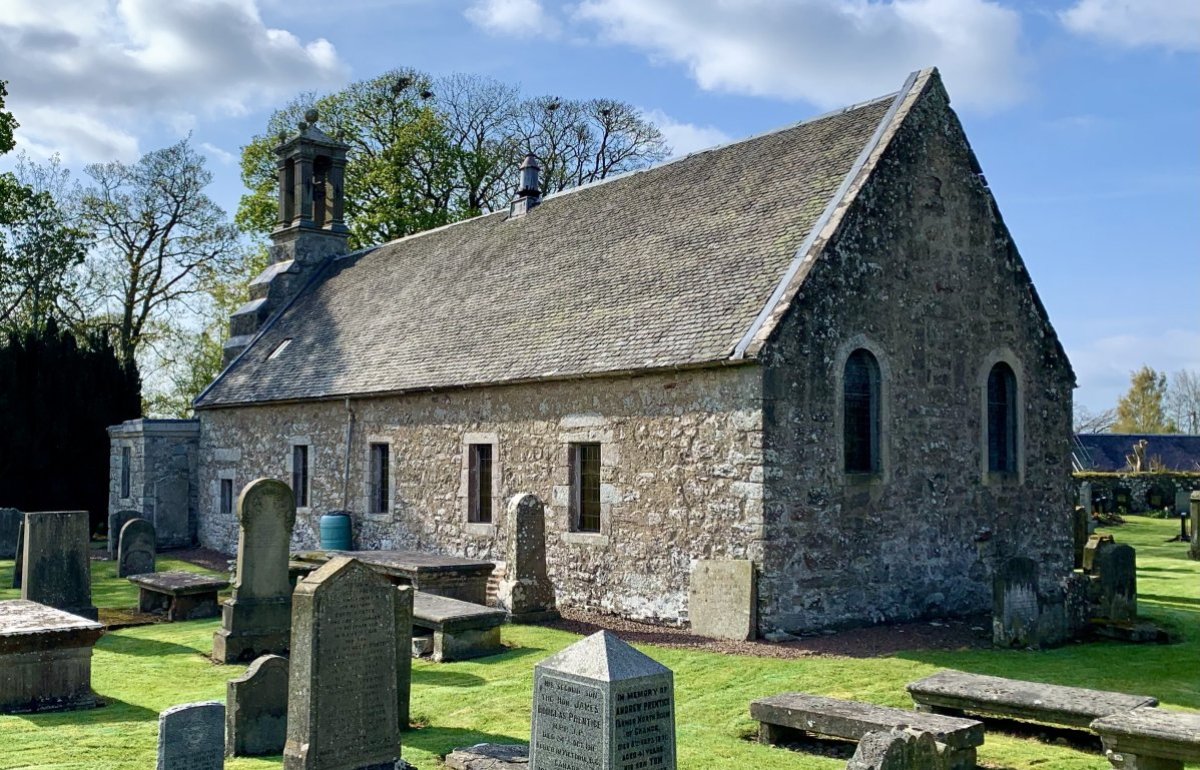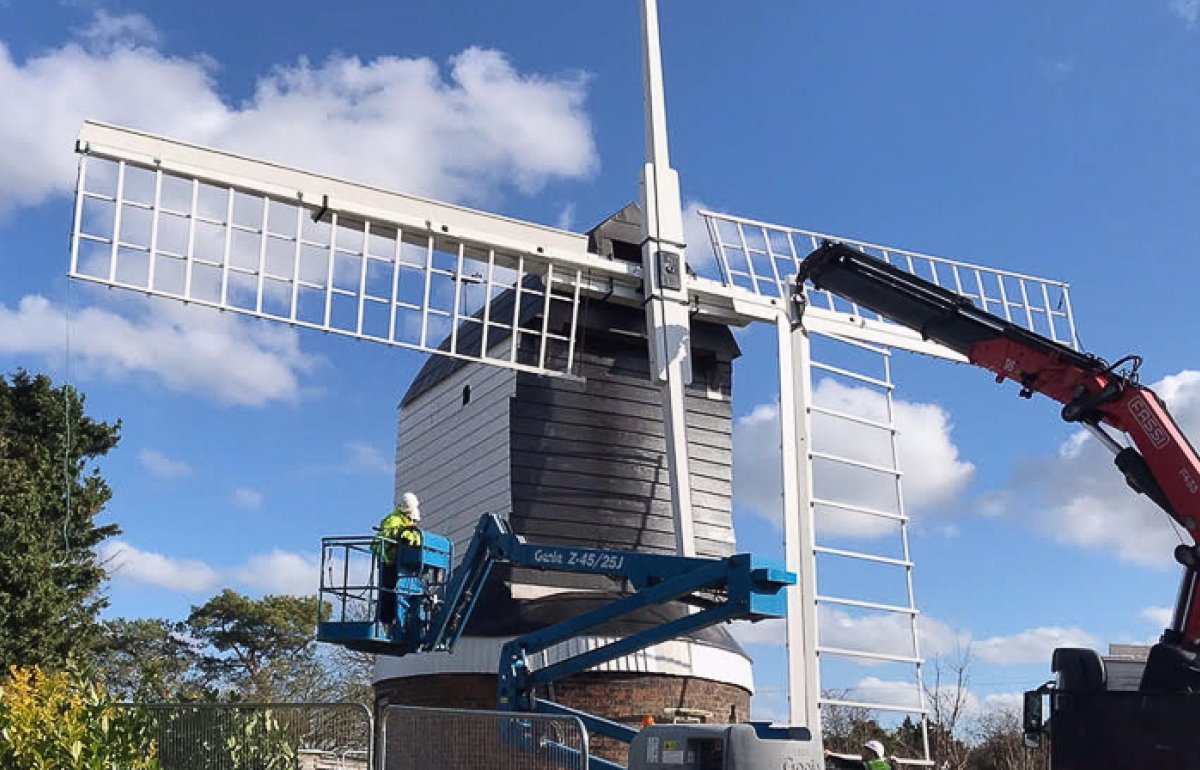Monastic Mills
Monastic Mills - Online Talk
MS2501
You will need a computer, phone or other device connected to the Internet.
Wednesday 11 June, 12pm-1pm, online and delayed viewing
£6 SPAB Member, £8 Non-Member
Event details
Wednesday 11 June, 12pm-1pm, online (recording available)
Learn about how mills were essential to the development of monasteries and vice versa. Martin Watts uncovers the evidence for the role of monasteries in the development of medieval milling technology.
Monasteries were among the largest landowners in medieval England and, from the earliest days of monasticism, mills were considered an essential part of the economy of religious houses. Although significant remains of many monastic buildings survive, the evidence for the mills that served them is less well known. This talk sets out to give an outline of the role of monasteries in the development of milling technology and to illustrate some of the evidence and remains, which form an important aspect of any study of medieval milling.
The lecture is aimed at mill and history enthusiasts, including heritage professionals, millwrights, mill owners and volunteers.
Booking closes Wednesday 11 June, 10am. Anyone who has booked a place will also be sent a recording of the talks after the event.
Martin Watts has been involved with the study, recording and interpretation of historic buildings and machinery for over 50 years. After training in three-dimensional design and architecture in Bristol, he worked for a small architectural conservation practice in Bath. In 1979 he was appointed as curator of Worsbrough Mill Museum in South Yorkshire and in 1982 moved to Crowdy Mill in South Devon, where he carried out practical repairs to a derelict watermill and set up a stone-ground flour business. From 1989 Martin worked as freelance millwright and mill researcher, carrying out practical repairs and consultancy on over 200 mills, from Scotland to the Channel Islands. Now retired, he continues to research and write about mills, with a particular interest in the medieval period.
IT requirements
You will need a computer, phone or other device connected to the Internet.
All bookings are subject to our Terms and Conditions.
Photo credit: Fountains Abbey Mill, North Yorkshire, image credit Martin Watts



